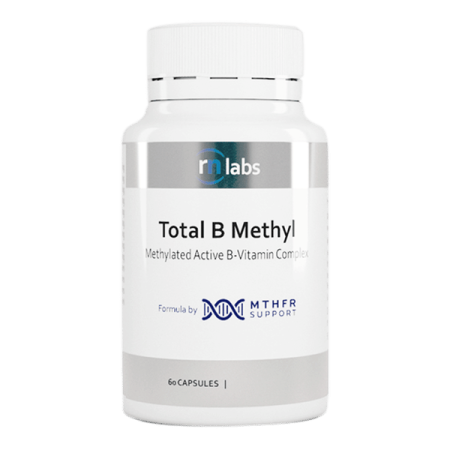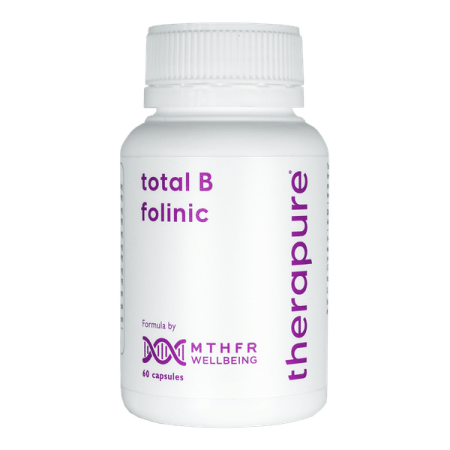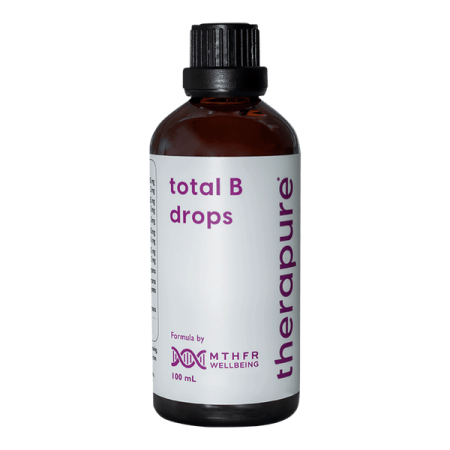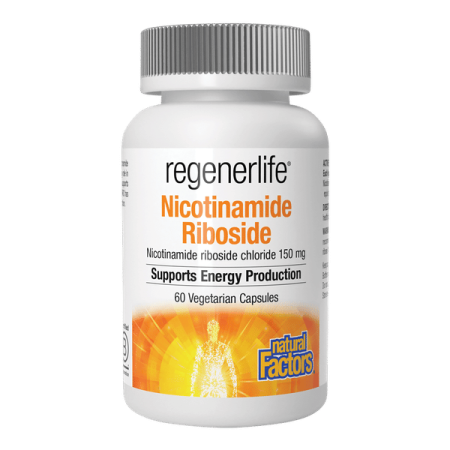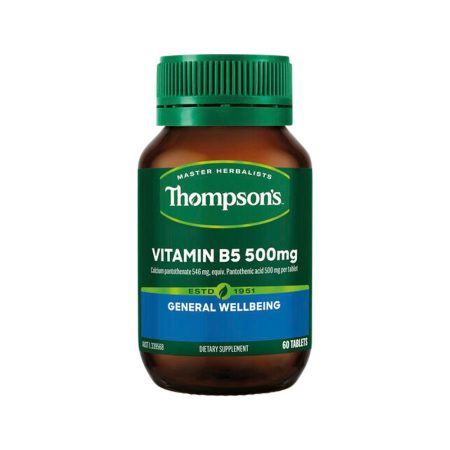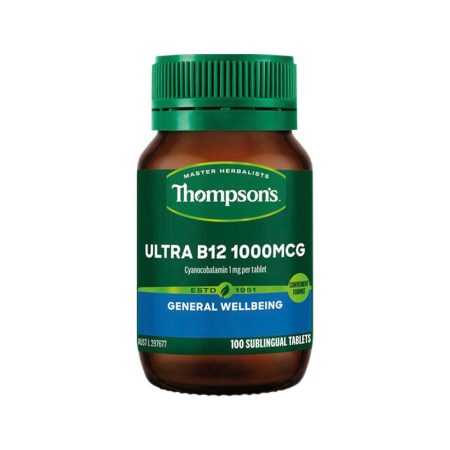B Vitamins
Introduction to B Vitamins
What are B Vitamins?
B vitamins are a group of 8 essential water-soluble vitamins that play important roles in cell metabolism. The eight B vitamins include vitamin B1 (thiamine), B2 (riboflavin), B3 (niacin), B5 (pantothenic acid), B6 (pyridoxine), B7 (biotin), B9 (folic acid) and B12 (cobalamin).
These vitamins help convert our food into fuel (glucose), allowing us to get energy. They also help make healthy red blood cells, which carry oxygen throughout the body. In addition, B vitamins play a critical role in making DNA, the genetic material in all cells.
Importance of B Vitamins
B vitamins are vital for maintaining good health and wellness. They help prevent certain health conditions and support various bodily functions. For example, B vitamins may help prevent birth defects, anaemia, migraine, dementia, cardiovascular disease and psychiatric conditions like depression.
Getting enough of the eight B vitamins is essential as your body does not produce most of them naturally (except biotin and vitamin K). Therefore, you need to obtain B vitamins from your diet and supplements if required.
Types of B Vitamins
There are 8 members of the B vitamin group, each with unique functions and benefits:
Vitamin B6
Vitamin B6 (pyridoxine) helps the body:
- Convert food into energy
- Maintain brain and nerve function and health
- Make hormones, such as serotonin and norepinephrine
- Form haemoglobin to transport oxygen in red blood cells
Folic Acid (Folate)
Folic acid (vitamin B9) is vital for proper brain and nerve function and plays a key role in:
- DNA and RNA synthesis
- Cell division and growth, especially during pregnancy
- Preventing birth defects like spina bifida
- Healthy red blood cell formation
Pantothenic Acid (Vitamin B5)
Pantothenic acid helps break down fats, carbohydrates and proteins for energy. It also enables the synthesis of hormones, cholesterol and vitamin D.
Vitamin B2 (Riboflavin)
Riboflavin plays an essential role in:
- Converting vitamin B6 and folic acid into active forms the body can use
- Red blood cell production and growth
- Maintaining healthy skin, eyes, hair and liver
Vitamin B1 (Thiamine)
Thiamine plays a major role in converting nutrients from food into energy. It also supports proper nerve and heart function.
Vitamin B12
Vitamin B12 (cobalamin) is necessary for:
- Red blood cell formation
- Cell metabolism and energy production
- DNA synthesis
- Neurological function
Benefits of B Vitamins
Overall Health Benefits of B Vitamins
The vitamin B complex offers a wide range of health benefits:
- Increase energy levels
- Boost mood
- Sharpen mental clarity and focus
- Support cardiovascular health
- Maintain healthy skin, hair and eyes
- Prevent birth defects
- Reduce migraine frequency
- Lower stroke risk
- Improve PMS symptoms
Specific Benefits of B Vitamins
Some of the top benefits provided by individual B vitamins include:
Vitamin B1 (thiamine):
- Treats beriberi, a condition caused by thiamine deficiency
- Supports healthy digestion
- Maintains cardiovascular health
Vitamin B2 (riboflavin):
- Prevents migraines
- Treats acne, eczema and canker sores
- Slows aging process
Vitamin B3 (niacin):
- Lowers "bad" LDL cholesterol
- Increases "good" HDL cholesterol
- Reduces cardiovascular disease risk
Vitamin B5 (pantothenic acid):
- Alleviates symptoms of rheumatoid arthritis
- Speeds wound healing
- Improves acne and dermatitis
Vitamin B6:
- Relieves nausea during pregnancy
- Treats anaemia
- Reduces risk of heart disease
Vitamin B7 (biotin):
- Treats hair loss
- Strengthens nails
- Improves symptoms of type 2 diabetes
Folic Acid (Vitamin B9):
- Prevents neural tube defects in pregnancy
- May lower risk of stroke, cancer, depression and dementia
Vitamin B12:
- Boosts energy levels
- Supports heart health
- Prevents megaloblastic anaemia
Common Deficiencies and Symptoms
Overview of B Vitamin Deficiencies
Many Australians don't get enough of the eight B vitamins from their diet alone. Deficiencies are quite common, especially for B6, folic acid (B9) and B12.
Certain groups have an increased risk of B vitamin deficiencies, such as:
- Older adults
- Pregnant women
- People with digestive disorders or alcohol dependence
- Vegans and vegetarians (for vitamin B12)
Long-term deficiencies can lead to serious health issues. That's why it's important to recognise the signs of inadequate B vitamin intake.
Signs and Symptoms of B Vitamin Deficiencies
Here are some common symptoms of low levels of specific B vitamins:
- Vitamin B1: Fatigue, irritability, muscle weakness, gastrointestinal issues
- Vitamin B2: Cracks in the lips and corners of the mouth, bloodshot eyes, light sensitivity
- Vitamin B3: Indigestion, skin lesions, diarrhoea
- Vitamin B5: Fatigue, insomnia, upper respiratory infections, impaired glucose tolerance
- Vitamin B6: Microcytic anaemia, depression, confusion, weakened immunity
- Vitamin B7: Hair loss, eczema, anaemia, decreased appetite, muscle weakness
- Folic Acid (B9): Megaloblastic anaemia, birth defects, osteoporosis, difficulty concentrating
- Vitamin B12: Megaloblastic anaemia, nerve damage, depression, cognitive decline
Supplements and B Complex Vitamins
Taking a high-quality vitamin B complex can help prevent deficiencies and ensure you meet your daily B vitamin needs. Look for supplements with adequate amounts of each of the eight B vitamins.
B complex supplements may be especially beneficial for vegetarians, the elderly, and pregnant women.
Considerations When Taking B Vitamin Supplements
When taking B vitamin supplements, keep the following in mind:
- Choose reputable brands that contain 100% of the Daily Value for each B vitamin
- Take with food to minimise side effects like stomach upset
- Avoid high doses of individual B vitamins, unless cleared by your doctor, as this can cause imbalances
- Check that supplements don't exceed the Upper Intake Level for any vitamin
- Speak to your healthcare provider about dosage, especially during pregnancy
While generally safe when taken as directed, B vitamin supplements can interact with certain medications. Check with your doctor first about any potential interactions.
FAQ
Why are B vitamins important for energy levels?
The eight B vitamins help convert the food you eat into usable energy. They help extract energy from carbohydrates, fats, and proteins by playing vital roles in metabolism. Vitamins B1, B2, B3, and B5 are particularly important for producing energy efficiently.
How much of the daily recommended intake of B vitamins should come from food vs supplements?
It's ideal to get B vitamins from a balanced diet if possible. However, supplements can help fill any nutritional gaps. The recommended dietary intakes (RDIs) for B vitamins according to the National Health and Medical Research Council are:
| Vitamin | RDI |
|---|---|
| Vitamin B1 | 1.2 mg/day |
| Vitamin B2 | 1.3 mg/day |
| Vitamin B3 | 16 mg/day |
| Vitamin B5 | 10 mg/day |
| Vitamin B6 | 1.7 mg/day |
| Biotin (B7) | 30 mcg/day |
| Folic Acid (B9) | 400 mcg/day |
| Vitamin B12 | 2.4 mcg/day |
Aim to get as much as possible from food and use supplements if needed to reach the RDI. Talk to your healthcare provider about appropriate supplementation.
What are the main symptoms of vitamin B12 deficiency?
Common symptoms of vitamin B12 deficiency include fatigue, lightheadedness, heart palpitations, pale skin, constipation or diarrhoea, loss of appetite, weight loss, depression, poor memory and neurological changes like numbness or tingling in the hands and feet.
Who is at risk of B vitamin deficiencies?
Those at higher risk include the elderly, vegetarians/vegans, pregnant women, individuals with intestinal disorders or those taking medications that reduce B vitamin absorption (like heartburn drugs). Chronic alcoholics are also prone to deficiencies in one or more B vitamins.
Can you get too much of B vitamins?
Yes, it is possible to consume toxic amounts of certain B vitamins if taking high doses of individual supplements. This can potentially lead to nerve damage and other side effects. That's why it's important to take B vitamins as a complex, not isolated high doses of single vitamins.
-
Activated Bs, B complex, Biotin, Methylation, MTHFR Support, Vitamin B, Vitamin B1, Vitamin B2, Vitamin B3, Vitamin B5, Vitamin B6, Vitamins & Supplements
MTHFR Support Starter B
(0)Original price was: $44.00.$40.00Current price is: $40.00. View product -
MTHFR Support Total B Methyl
(0)Original price was: $58.03.$52.75Current price is: $52.75. View product -
MTHFR Support Total B Folinic
(0)Original price was: $51.00.$44.88Current price is: $44.88. View product -
MTHFR Support Total B Drops
(0)Original price was: $42.85.$37.71Current price is: $37.71. View product -
Cognitive Performance, Energy & Vitality, Nervous System Health, Vitamin B, Vitamin B12, Vitamins & Supplements
Blackmores Energy B12 Rapi-Melt (previously B12 Rapi-Melt 1000mcg)
(0)Original price was: $26.99.$21.59Current price is: $21.59. View product -
Activated Bs, Biotin, Brain & Cognition, CoQ10, Methylation, MTHFR Support, Vitamin B, Vitamins & Supplements, Zinc
Vitality Solutions Methyl Master
(0)Original price was: $55.83.$50.75Current price is: $50.75. View product -
Natural Factors Nicotinamide Riboside
(0)Original price was: $41.95.$37.76Current price is: $37.76. View product -
Grasses of Life Meco Max Methylcobalamin
(0)Original price was: $76.95.$69.95Current price is: $69.95. View product -
THOMPSONS VITAMIN B5 500MG 60T
(0)Original price was: $29.99.$22.19Current price is: $22.19. View product -
THOMPSONS ULTRA B12 1000MCG SUBLINGUAL 100T
(0)Original price was: $36.25.$32.95Current price is: $32.95. View product -
THOMPSONS B COMPLEX PLUS HERBS 60T
(0)Original price was: $22.99.$17.02Current price is: $17.02. View product




